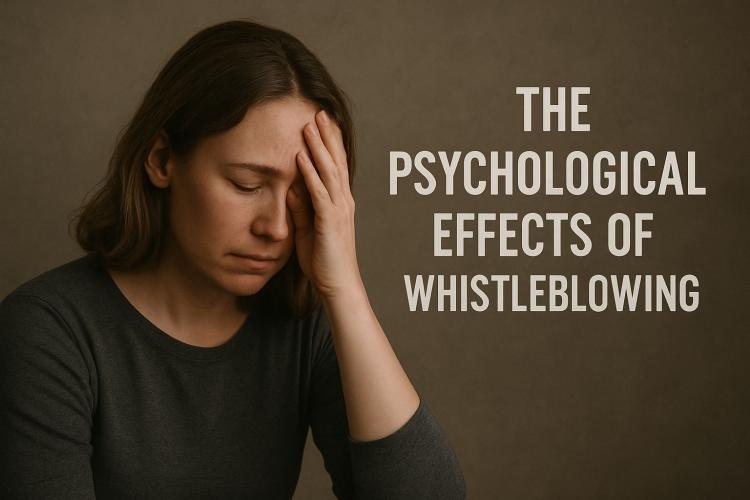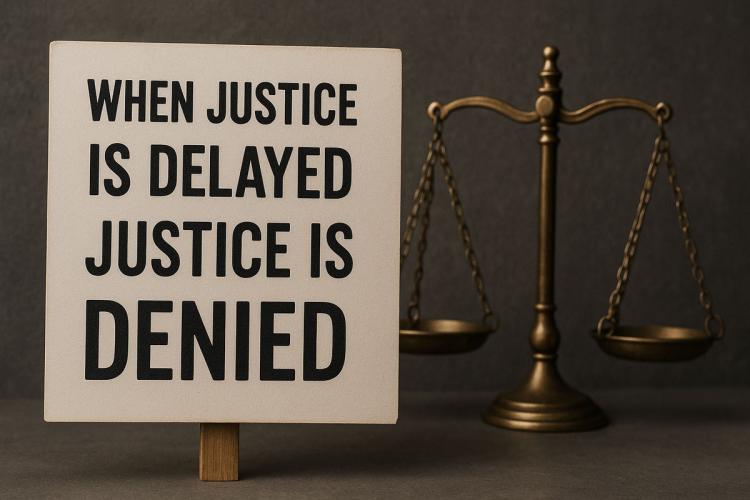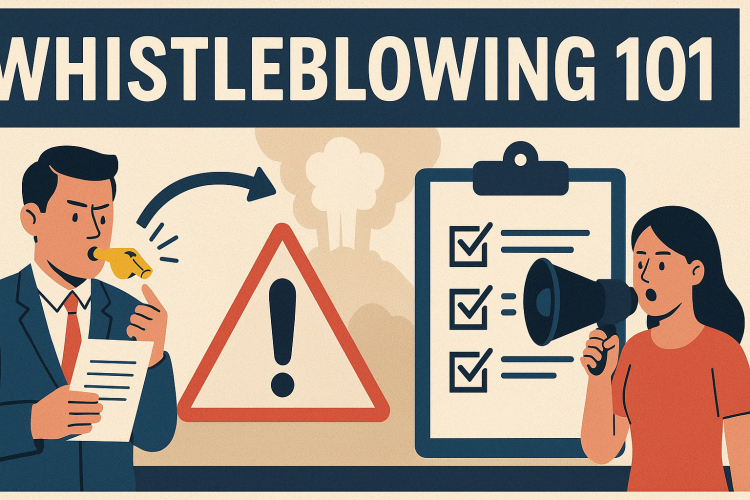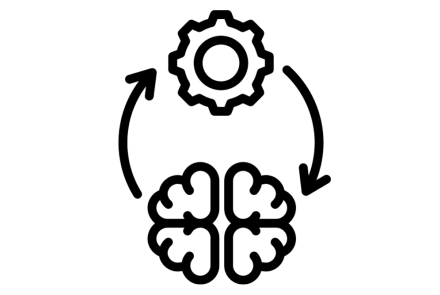Whistleblowing is often hailed as a courageous act that upholds justice and transparency, but the psychological toll it takes on the whistleblower is rarely acknowledged. Speaking out against wrongdoing—especially within powerful institutions—can be a deeply isolating and traumatic experience. Many whistleblowers face retaliation, social rejection, and character attacks that can trigger long-term mental health challenges.
19 April 2025
The phrase “justice delayed is justice denied” echoes with painful truth for many individuals who have been wronged and forced to wait endlessly for acknowledgment, accountability, and repair. While it may seem that justice is still “in process” during delays, the human cost of waiting can be immense—and often irreparable.
To read the full article and access more exclusive content, please visit us at Ko-fi!
15 April 2025
Whistleblowing Basics: What You Need to Know
Whistleblowing is the act of reporting misconduct, fraud, or unethical behavior within an organization. Whether it's exposing financial mismanagement, public safety threats, or violations of laws and regulations, whistleblowers play a critical role in holding individuals and institutions accountable.
To read the full article and access more exclusive content, please visit us at Ko-fi!
Recent Posts
Tags
Sign Up for Newsletter
Stay inspired and make a difference—subscribe to our newsletter to get impactful stories, volunteer opportunities, and ways to support our mission delivered right to your inbox.








